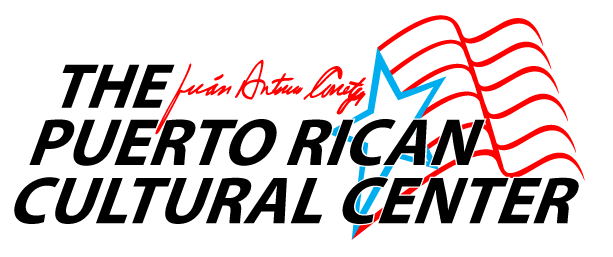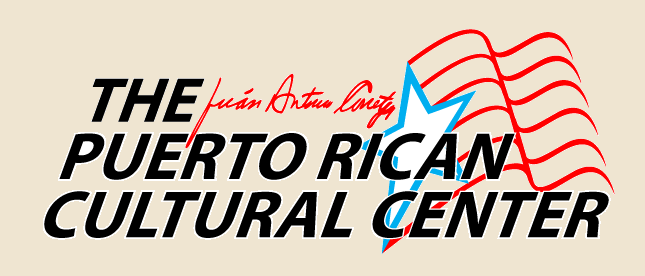By Leonard Ramírez. former Director of LARES
 “Storming the Gates,” a documentary produced by the Illinois African American and Latino Educational Alliance (IALHEA), was recently shown on the UIC campus as part of a series of events celebrating Latin American and Latino Studies’ 40th Anniversary. The film reveals a chapter of a sometimes forgotten story of community and student protest that opened the doors of higher education for thousands of Illinois Latino and African American students. Ethnic studies and student recruitment and retention programs were among the many initiatives created by ’60s and ’70s activists. The Rafael Cintron Ortiz Cultural Center was an appropriate site for the event since it itself was founded through the pressure of Latino students.
“Storming the Gates,” a documentary produced by the Illinois African American and Latino Educational Alliance (IALHEA), was recently shown on the UIC campus as part of a series of events celebrating Latin American and Latino Studies’ 40th Anniversary. The film reveals a chapter of a sometimes forgotten story of community and student protest that opened the doors of higher education for thousands of Illinois Latino and African American students. Ethnic studies and student recruitment and retention programs were among the many initiatives created by ’60s and ’70s activists. The Rafael Cintron Ortiz Cultural Center was an appropriate site for the event since it itself was founded through the pressure of Latino students. Michael Toney, former director of the Urban Health Program and the Illinois Committee for Black Concerns in Higher Education and a member of the Black Latino Alliance was joined by Karen Su, clinical assistant professor in the Asian American Studies Program. They spoke about the current challenges to preserve and expand on past gains and keep college doors open and campuses hospitable to diverse populations, including the disabled, LGBT communities, and women. Despite advances, Black enrollment has fallen since the ’70s to half of its numbers, Asian American programs operate precariously on a shoestring budget and the Latin American Recruitment and Educational Services’ decades long successful summer bridge program, the model for similar campus projects, was mysteriously terminated by the Provost’s Office. Mario Lucero from the RCOCC Cultural Center engaged the audience in a discussion on what might be the next steps to further develop a collective diversity communities agenda that can continue to build on the legacy left by previous generations of activists.
Michael Toney, former director of the Urban Health Program and the Illinois Committee for Black Concerns in Higher Education and a member of the Black Latino Alliance was joined by Karen Su, clinical assistant professor in the Asian American Studies Program. They spoke about the current challenges to preserve and expand on past gains and keep college doors open and campuses hospitable to diverse populations, including the disabled, LGBT communities, and women. Despite advances, Black enrollment has fallen since the ’70s to half of its numbers, Asian American programs operate precariously on a shoestring budget and the Latin American Recruitment and Educational Services’ decades long successful summer bridge program, the model for similar campus projects, was mysteriously terminated by the Provost’s Office. Mario Lucero from the RCOCC Cultural Center engaged the audience in a discussion on what might be the next steps to further develop a collective diversity communities agenda that can continue to build on the legacy left by previous generations of activists.





